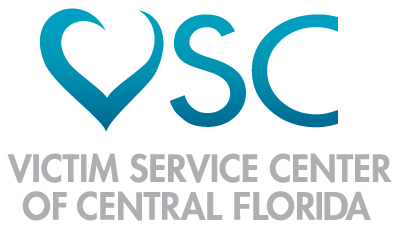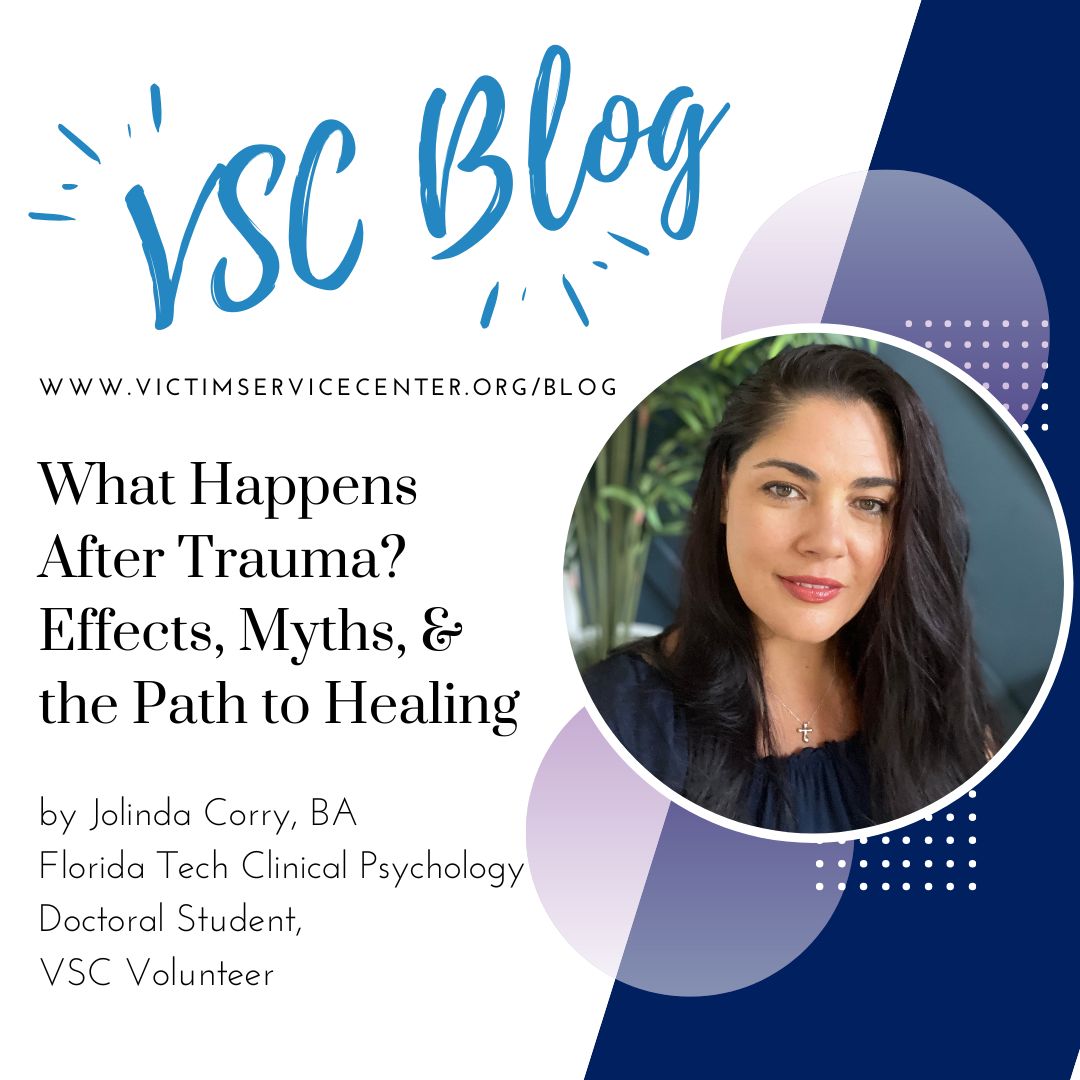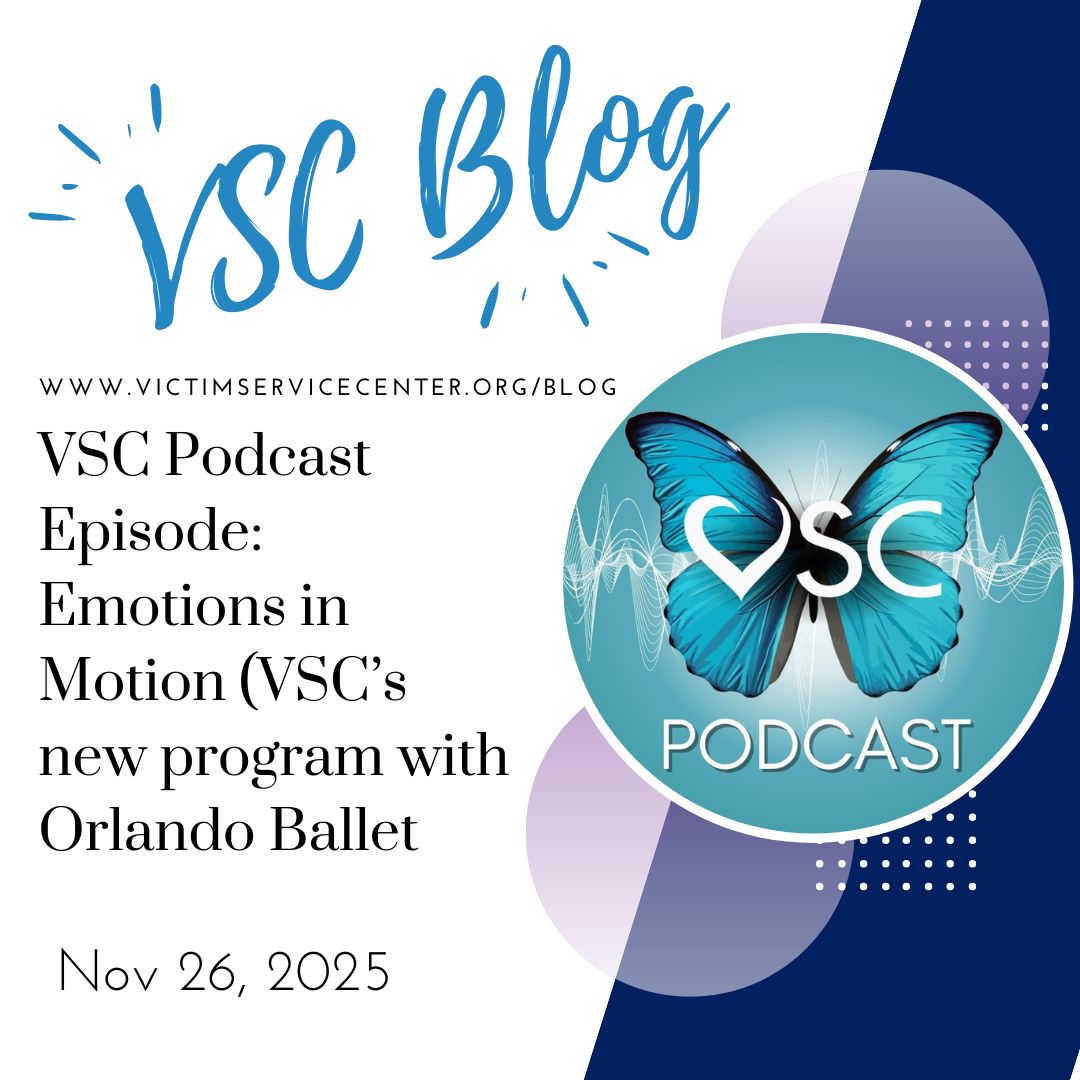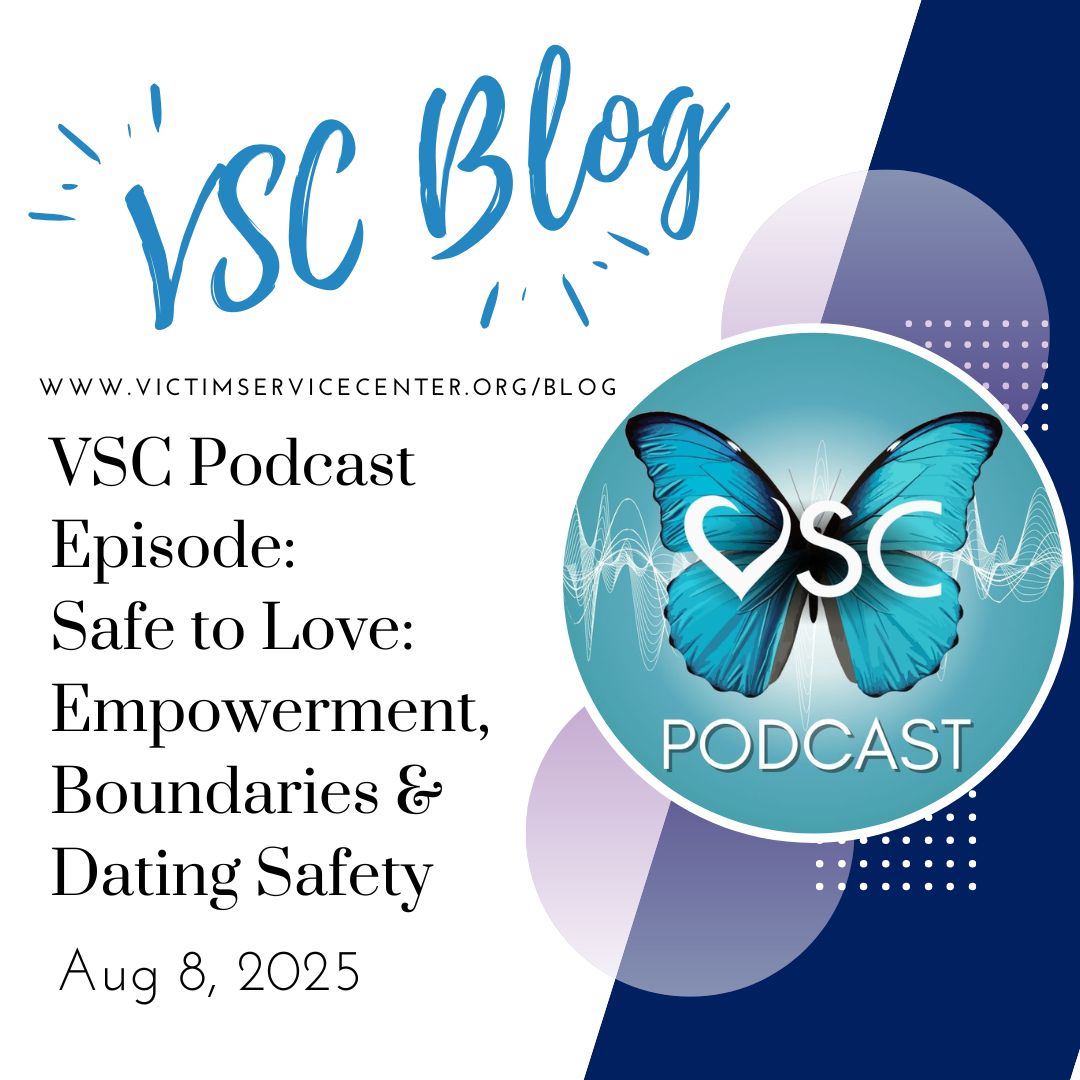by Lauren Mullen, VSC Volunteer

In this age of interconnectedness, even during the unprecedented social distancing because of COVID-19, people are still using dating apps–maybe now more than ever before. Dating apps have helped blossom many positive and healthy relationships, but conversely they have also given sexual predators another outlet to seek out a potential victim. Approximately 9% of all acute sexual assault cases brought to the Victim Service Center of Central Florida in fiscal year 2018-2019, were from victims who met the perpetrator on a dating app. Now the changed circumstances in the age of coronavirus presents a few glaring problems that could arise during social distancing, or shortly thereafter, if those who are on dating apps are not careful and well-informed. Seeking connections, romantic and otherwise, is encouraged and should be safe for all parties, but we are aware of the reality that not everyone has good intentions when connecting both in-person and via dating apps.
Those who are connecting on dating apps, such as Tinder, Grindr, Hinge, Bumble, etc., cannot meet right away if following proper social distancing guidelines. This gives people online dating the ability to really get to know one another and create meaningful connections virtually; however, the downside to this is that sexual predators can really take the time to earn the trust of a potential victim. It is still important for dating app users to be wary of who they are talking to and to not give out personal information, such as an address. Additionally, users have to stay alert if they plan to meet up with whomever they have been talking to after social distancing. Even though you may have been talking to someone daily, for weeks on end, that does not mean that that person will have your best interest at heart; especially, given the fact that it is far easier to fake empathy and care for someone when you are not face-to-face. Following recommended safety precautions for meeting someone for the first time are still advisable, even if the person does not feel like a stranger (such as meeting during the day for non-alcoholic beverages, sharing your location with loved ones, etc. see more ways to stay safe here: https://bit.ly/2AktGDP).
Another potential problem to be aware of is the accessibility dating apps give someone to “catfish”, or pretend to be someone else over the internet. It provides them with a valid excuse not to meet and further hide their true identity. Although this may not lead to a sexual assault, there is a risk for harassment, blackmail, and even stalking–especially if intimate photos are shared between parties. Users have to remember that not everyone online is who they say they are and even though two consenting parties can share photos with one another, there are unfortunately risks involved (reduce your risk with these tips: https://r29.co/2SYm0NU, https://bit.ly/2WP7CbZ).
For those that have been enjoying a healthy chat with someone via these dating apps, the opportunity may soon arise to meet-up with some states and cities slowly easing distancing restrictions. If this is the case, remember to maintain an abundance of caution when meeting someone new, strictly for the health risks involved. It’s hard to really know what another persons’ risk of exposure could have been to COVID-19, and though we are craving to get back to old fashioned human interaction, putting the physical health of ourselves and those around must be a priority. If you absolutely must meet face-to-face you can still enjoy the company of this new person 6 feet apart- remember, distance makes the heart grow fonder!
These are trying times for the entire country right now and there has been an increase of the people joining dating apps, whether from sheer boredom, or the need for an emotional connection. Those who have joined for the latter must stay diligent and continue to practice safe use of these apps, report those who are inappropriate, and stay mindful of the risks and protective measures. It is unfortunate that there are people who join dating apps solely to take advantage of or deceive others, and even though this might seem like a safer time to engage in online dating, we as a society must stay vigilant to the potential risks. We hope that some of the tips here help and we have also provided resources below for those who need support from a victimization, or even for those who have more questions!
Resources:
- Victim Service Center of Central Florida 24/7 crisis helpline (407) 500-HEAL
- National Sexual Assault Hotline: 800-656-HOPE
- Florida Domestic Violence Hotline: 1-800-500-1119
- National Resource Center for Victims of Crime (Stalking Resource Page): https://victimsofcrime.org/stalking-resource-center/



